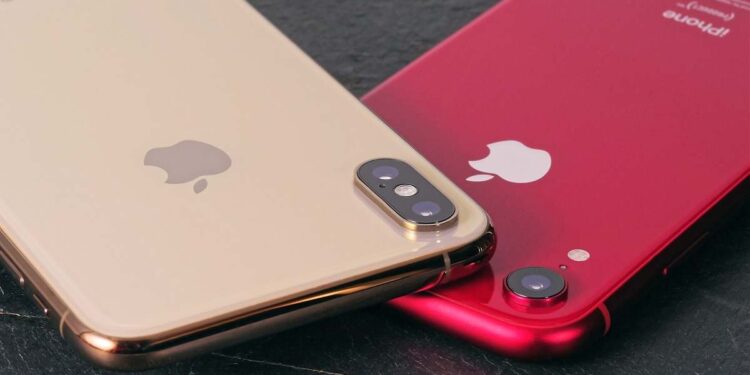Apple has presented its results, and they are quite mediocre for the standards of the Cupertino giant. The company has exceeded expectations in profits and revenues, but has disappointed in several segments and has confirmed a serious slowdown in its growth and, especially, in the iPhone, its flagship product. However, the company has offset this with the announcement of the largest share buyback in history, of $110 billion, and a smaller-than-expected decline in China, two pieces of data that have boosted the company’s shares by more than 6% in after-hours trading.
In concrete numbers, Apple has earned $23.636 billion, 2.6% less than the previous year. This translates to $1.53 per share, beating the estimated $1.50. In revenue, they have reached $90.8 billion, 4% less than the previous year, but surpassing the $90.1 billion anticipated by the market consensus. However, the biggest blow comes from the iPhone: they only made $45.96 billion in revenue, 10% less than the previous year and less than the expected $46 billion.
Worse are the results of the iPad, which have fallen by 16.6% year-on-year, to $5.56 billion, far from the estimated $5.91 billion. The best news has come from the Mac, with a 4% increase, reaching $7.45 billion, well above the expected $6.86 billion. As for the next quarter, Apple has not provided specific expectations, but they have calculated a growth at “single-digit, small” levels, which would already be better than the current figures. The company’s CEO, Tim Cook, has explained that this quarter was going to be “difficult” because last year they achieved significant increases thanks to the normalization of supply chain issues caused by the pandemic. Without those extraordinary sales, he argues, iPhone sales would have remained flat, not overly positive data but much better than the -10% in the final accounts. His biggest hope is that sales in China only dropped by 8%, much better than the expected 14% decline by analysts. The hope is that demand is not shifting massively to rival companies like Huawei, and that it is a temporary setback caused by Chinese government pressures. “I feel optimistic about China, thinking long term rather than just about next week,” Cook stated.
A year of ups and downs and doubts
The company founded by Steve Jobs has had several quarters of disappointing results and has accumulated a 10% loss in the year, worse than its counterparts in the ‘Seven Magnificent.’ In their latest accounts, the company suffered a harsh blow after announcing that their sales in China had dropped by 13%, following Xi Jinping’s government’s tougher stance against one of the major representatives of US technology.
The result has been a slowdown in its sales that has led analysts to give their worst buy recommendation in four years: only 57% recommend buying and 11% recommend selling, something that has not been seen since 2019. The biggest fear is that they may not be able to replicate a breakthrough like that of the iPhone: the failed Apple Car, canceled just a few months ago, is an example of the difficulties in finding a new ‘cash cow’ for the company.


